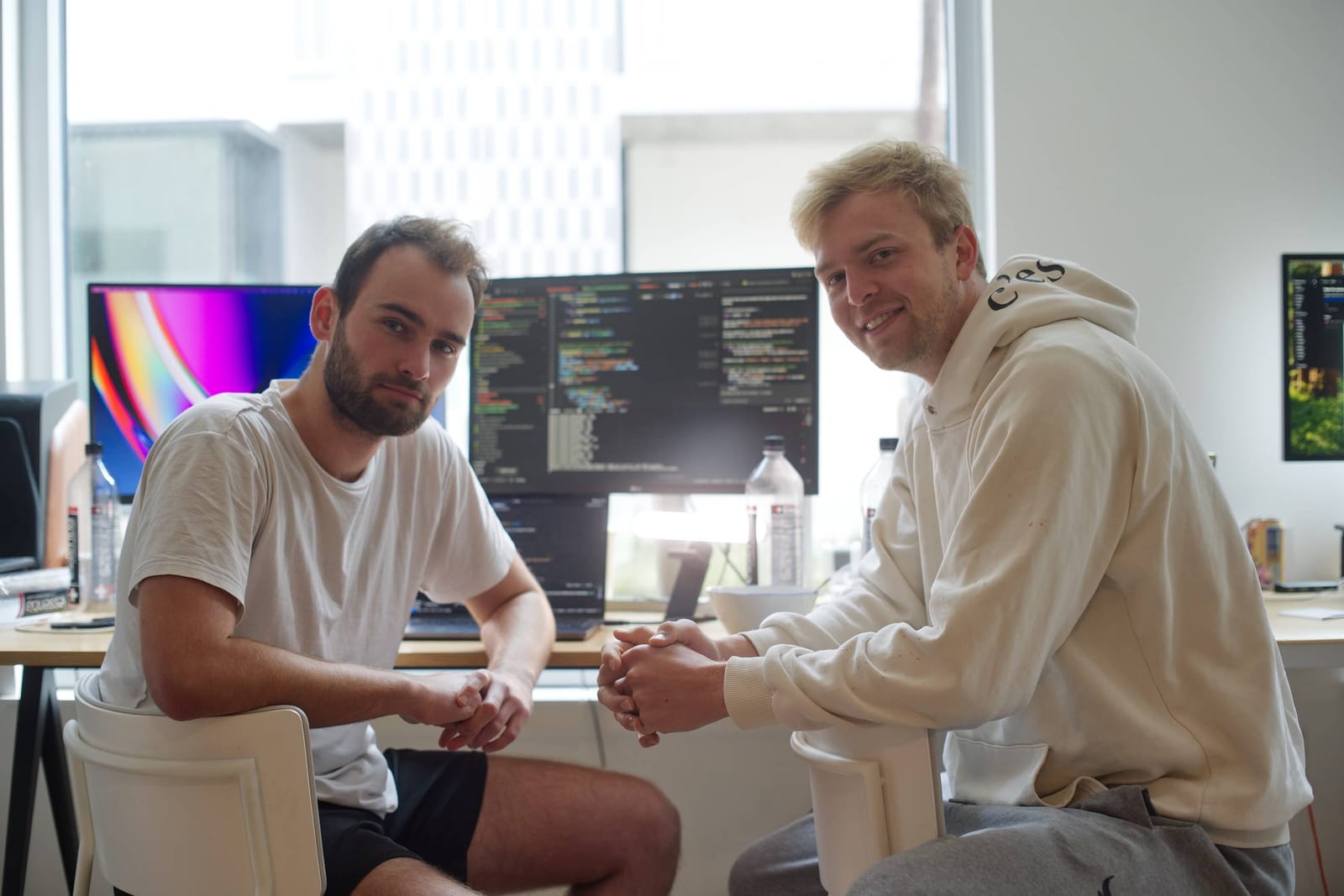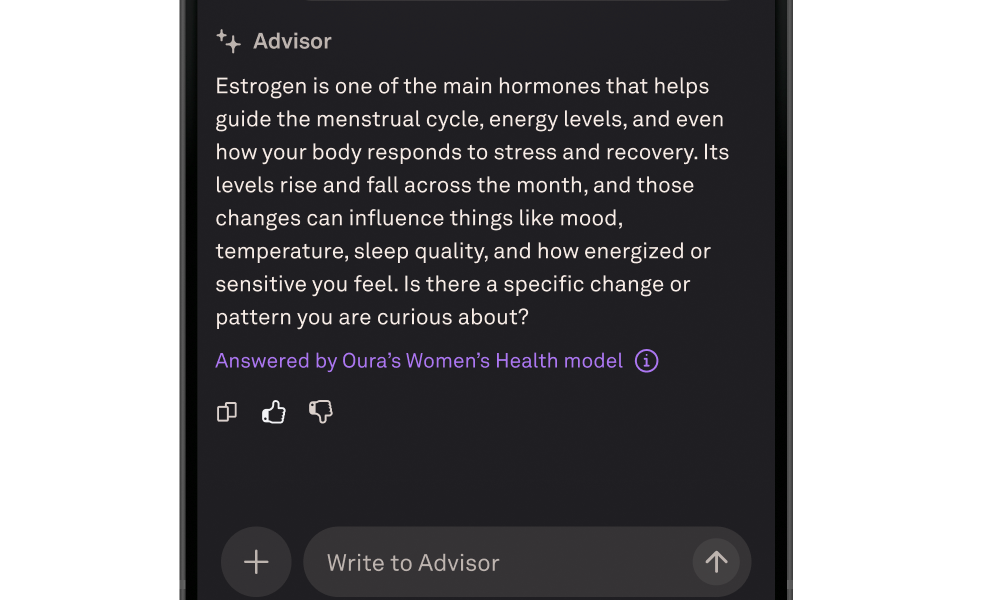Browser Use, a startup building infrastructure that enables AI agents to interact with websites more effectively, and without relying on computer vision methods, has raised $17 million in seed funding. The round was led by Felicis Ventures, with participation from investors including A Capital, Nexus Ventures, Y Combinator, Paul Graham, Liquid2, SV Angel, and Pioneer Fund.
From Weekend Experiment to Funded Startup
Founders Magnus Müller and Gregor Žunič, who met while pursuing master's degrees in data science, founded their startup through ETH Zurich’s Student Project House accelerator. Müller and Žunič say they built their initial prototype in just four days before launching it on Hacker News to a very receptive audience.
The response was immediate and overwhelming—the project has since garnered over 50,000 GitHub stars, making it one of the fastest-growing open-source AI projects, with more than 15,000 developers actively using and contributing to their tools.
A Different Approach to Web Automation
Unlike most existing automation solutions that rely on vision-based approaches attempting to "see" websites like humans do, Browser Use takes a different path. The company converts website interfaces into structured text that large language models (LLMs) can process deterministically.
Browser Use's approach enables models to complete browser-based tasks faster and more efficiently than they would when using vision-based automation. It also allows for more precise interactions with elements designed for human users, like buttons, drop-down menus and input fields. Its creators say that, generally, Browser Use is more reliable than pixel-based navigations, since it can avoid many of the former's errors.
Growing Industry Adoption
Browser Use has already seen significant adoption. A Y Combinator’s 2025 winter batch graduate itself, it is already in use by 20 companies in the current Y Combinator winter batch. The Chinese startup Butterfly Effect's integration of Browser Use in its viral Manus tool helped catapult the startup into the spotlight.
The company is now expanding its team, seeking "exceptional engineers who want to push the boundaries of what AI can do". The startup believes in a future where automated workflows, including those driven by AI agents, will outnumber human transactions on the internet. Thus, as increasing efforts are put into building up the capabilities of AI-driven agents become to perform browser-based tasks, Browser Use is positioning itself as fundamental infrastructure for this transition.







Comments